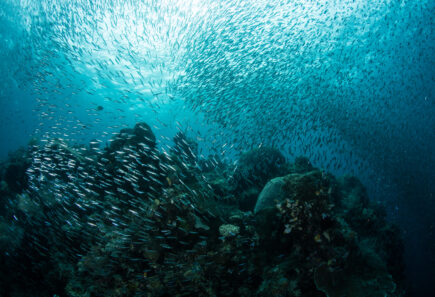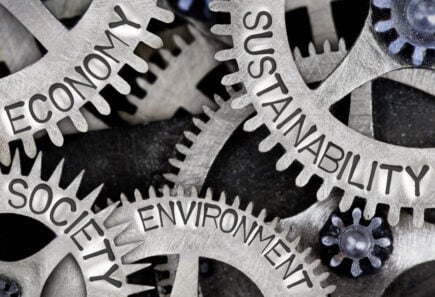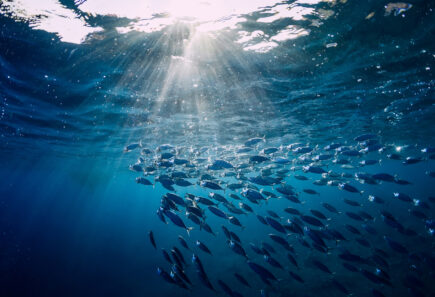
Student leaders are blazing the trail for a better food future
Amy HuangStudents are the backbone of our future food system. Strong education and training programs are needed to grow the next crop of alternative protein talent.

Students are the backbone of our future food system. Strong education and training programs are needed to grow the next crop of alternative protein talent.

As the world inches closer to 2050, the deadline to meet net-zero emissions, the alternative protein industry needs scientists and students to help decarbonize and future-proof the global food system.

GFI Brazil’s Biomes Project will allocate up to R$135,000 to each research project that transforms native Amazon and Cerrado plant species, such as babaçu and macaúba, into raw materials for the alternative protein industry.

Global efforts to curb emissions, protect marine biodiversity, and reduce the impacts of climate change on our oceans should include investments in plant-based and cultivated seafood.

GFI marks Earth Day 2021 by taking stock of its actions, mapping its theory of change to three of the most fundamental concepts in Earth science and ecology.

Cultivated meat can compete on costs and have a lower environmental footprint compared to conventional meat production.

GFI contributed policy priorities to Breakthrough Energy’s Federal Climate Policy Playbook and submitted a letter to Congress to support federal investment in alternative protein research.

Support from governments, academia, and nonprofits will help ensure cultivated seafood reaches its full potential to sustainably meet the global demand for seafood and restore the health of our oceans.

By helping us create better alternative protein products, pulses can also help build a sustainable global food system.

Their fermentation process is taking alternative proteins beyond the realm of plant-based products and cultivated meat.